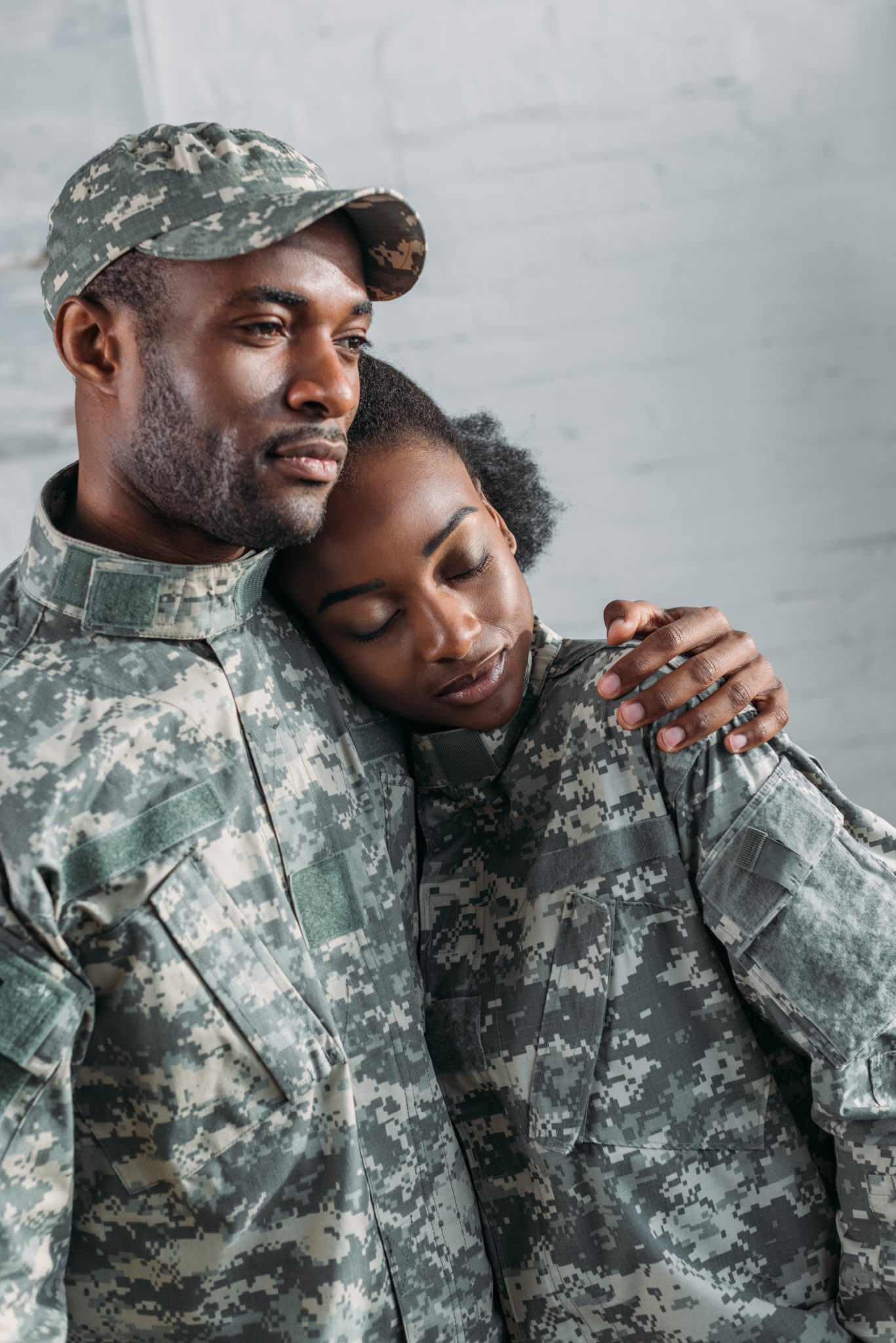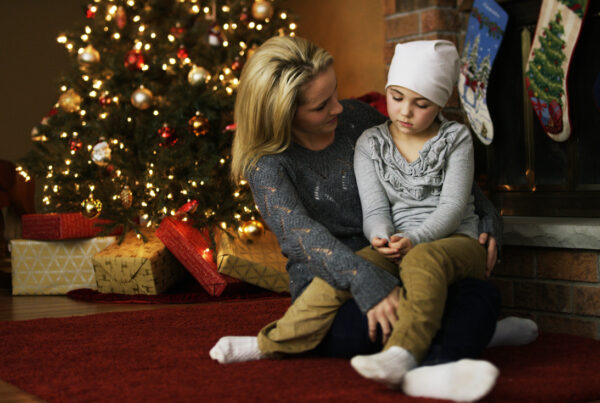By Alex Hietpas and Lynne Knobloch-Fedders
The reunion of military couples following deployment is a long-awaited occasion marked by joy, relief, and celebration. However, the reintegration period constitutes a pivotal transition for military couples, and navigating the relationship changes that occur following homecoming can be very challenging.
In a previous blog post linked here, we outlined findings from a recent study that conducted an eight-month survey of 555 military couples (including
active duty, reserve component, and National Guard military couples from all branches of service). The study was designed to map trends in relationship changes experienced by military couples during the post-deployment transition. The project was funded by the Congressionally Directed Medical Research Program through the Military Operational Medicine Research Program.
Both partners completed online questionnaires once per month for eight consecutive months following the service member’s return home. The questionnaire began with an open-ended question: “Has your romantic relationship changed in the past month? If so, list up to three ways your romantic relationship has changed.”
In response to that question, military couples reported experiencing 10 different domains of relationship changes. These domains included emotional intimacy, physical intimacy, time spent together, relationship appraisals, life changes, readjustment to daily life, conflict, family changes, commitment, and reports of no changes.
How do these relationship changes unfold over time? Results indicated that several domains of changes (e.g., emotional intimacy, physical intimacy, readjustment to everyday life, and conflict) were especially prevalent in the months immediately following the service member’s return home, peaked, and declined across the rest of the post-deployment transition. In contrast, couples increasingly reported life changes (such as changes in work, home, school, health, or finances) as the transition progressed.
The study also examined the valence of these changes (i.e., whether these changes were experienced by couples as positive, negative, or neutral). Overall, 42.1% of the changes couples described were positive, 32.4% were negative, and 25.5% were neutral in valence. Couples described fewer positive changes as the transition progressed, while the frequency of negative changes remained stable across the transition, and the frequency of neutral changes increased.
A Call to Action
The results of this study indicate that while military couples may experience a “honeymoon” phase during the early days of the transition, the stresses of reintegration pose a steady challenge throughout the post-deployment period. Prevention and intervention services designed to help military couples prepare for the joys and challenges of reintegration may be particularly beneficial. These services could promote the relationship satisfaction of military couples at their reunion, as well as prepare them for a decline in positively valenced relationship changes over time. Regarding the timing of intervention, longitudinal results indicate that these services may, be most appropriate if they are offered at the reunion, as well as within a window approximately 4 – 5 weeks after the reunion.
For further information about this study, as well as additional recommendations for prevention and intervention, check out this recent OneOp webinar, The Relationship Changes of Military Couples During Reintegration.
Reference
Knobloch-Fedders, L.M., Knobloch, L.K., Scott, S., & Fiore, H. (2020). Relationship changes of military couples during reintegration: A longitudinal analysis. Journal of Social and Personal Relationships, 37(7), 2145-2165. https://doi.org/10.1177/0265407520917461
Author Biographies
 Alex Hietpas, M.S., is a doctoral student in the Counseling Psychology program at Marquette University. His research interests involve the interpersonal processes that occur between romantic partners.
Alex Hietpas, M.S., is a doctoral student in the Counseling Psychology program at Marquette University. His research interests involve the interpersonal processes that occur between romantic partners.
 Lynne M. Knobloch-Fedders, Ph.D., is an associate professor in the Department of Counselor Education and Counseling Psychology at Marquette University and a licensed clinical psychologist specializing in couple and family therapy. Her scholarship investigates the links between mental health, couple relationships, and psychotherapy process and outcome, with a particular emphasis on promoting military family health and well-being. Her research has been funded by the U.S. Department of Defense, the American Psychological Association’s Society for Military Psychology, and the American Psychological Foundation.
Lynne M. Knobloch-Fedders, Ph.D., is an associate professor in the Department of Counselor Education and Counseling Psychology at Marquette University and a licensed clinical psychologist specializing in couple and family therapy. Her scholarship investigates the links between mental health, couple relationships, and psychotherapy process and outcome, with a particular emphasis on promoting military family health and well-being. Her research has been funded by the U.S. Department of Defense, the American Psychological Association’s Society for Military Psychology, and the American Psychological Foundation.
Photo Source: Depositephotos













